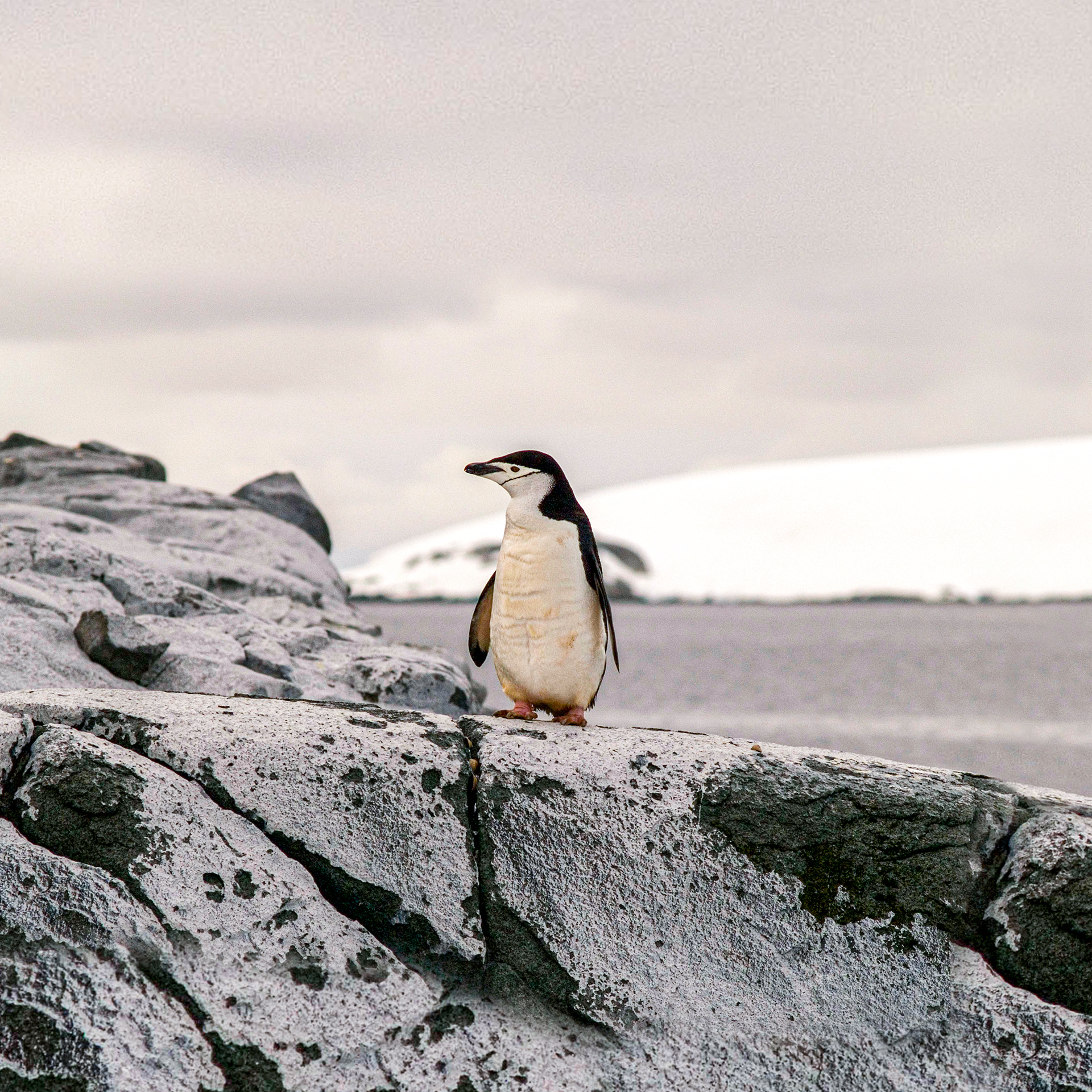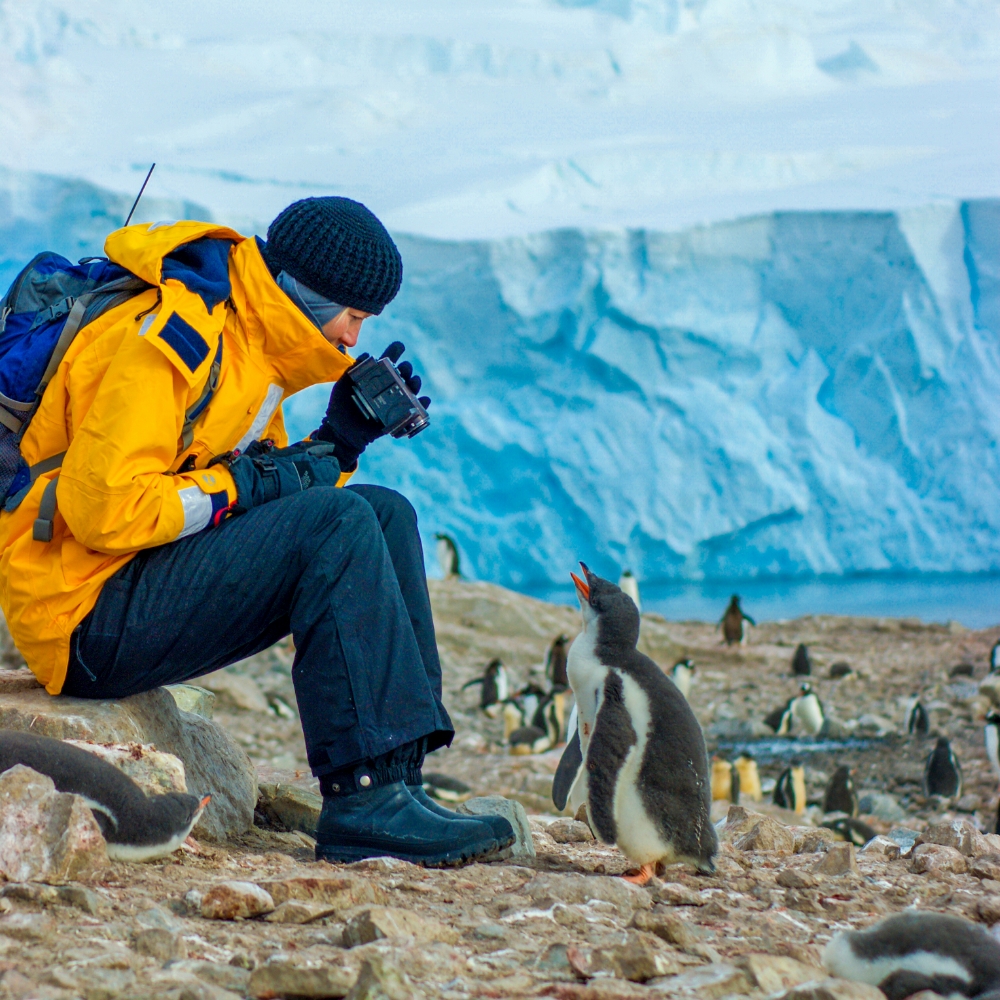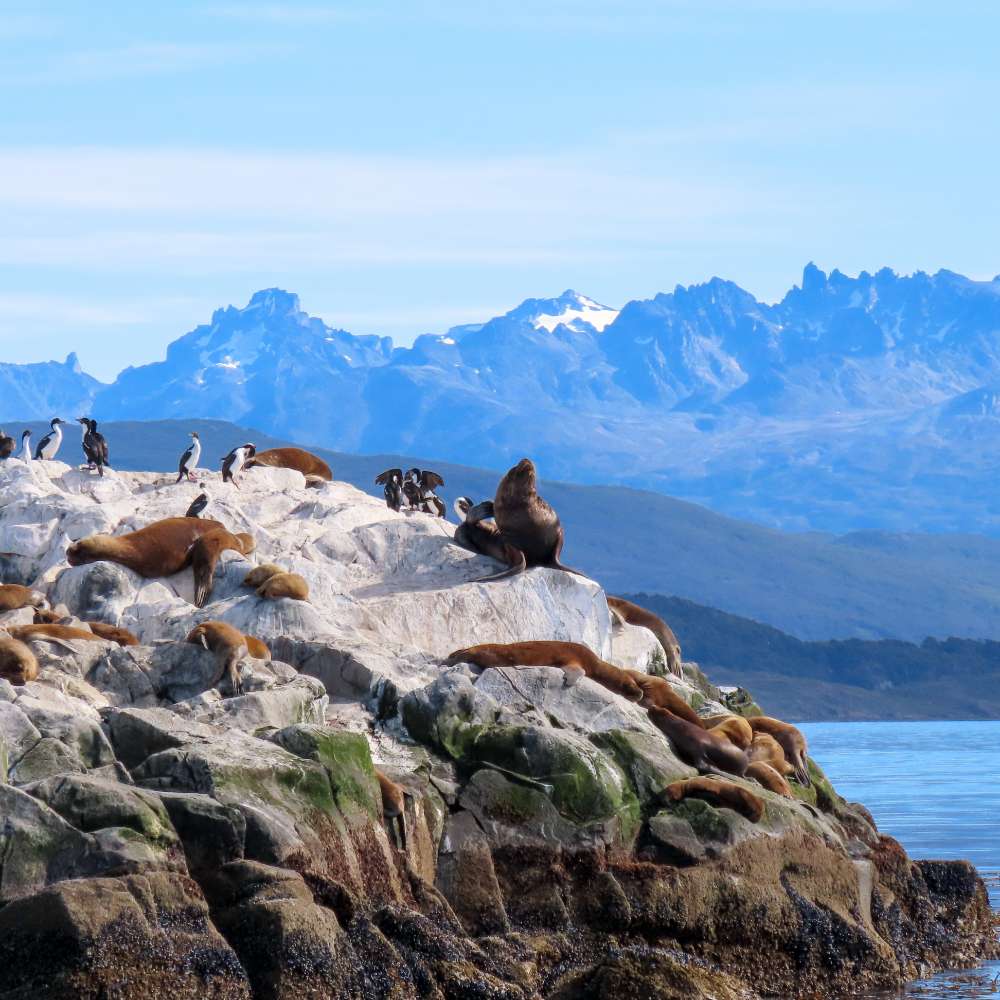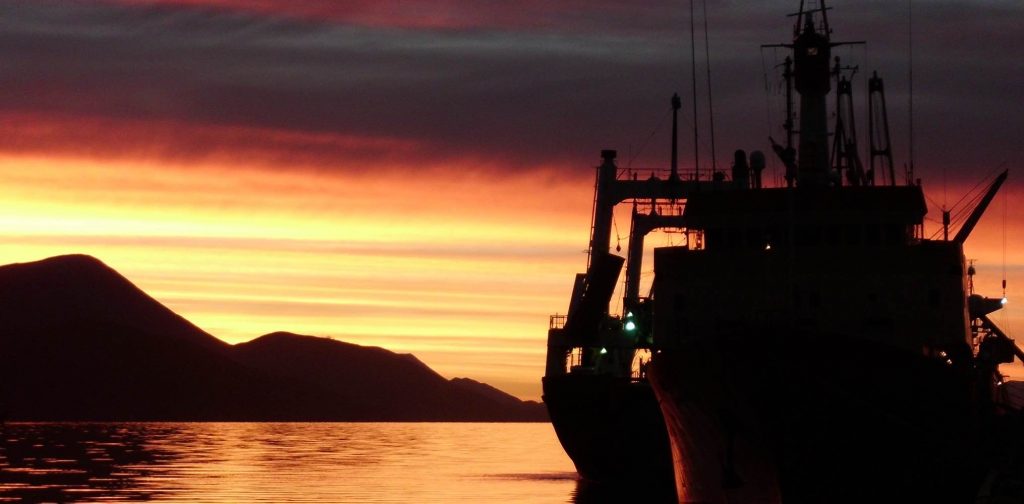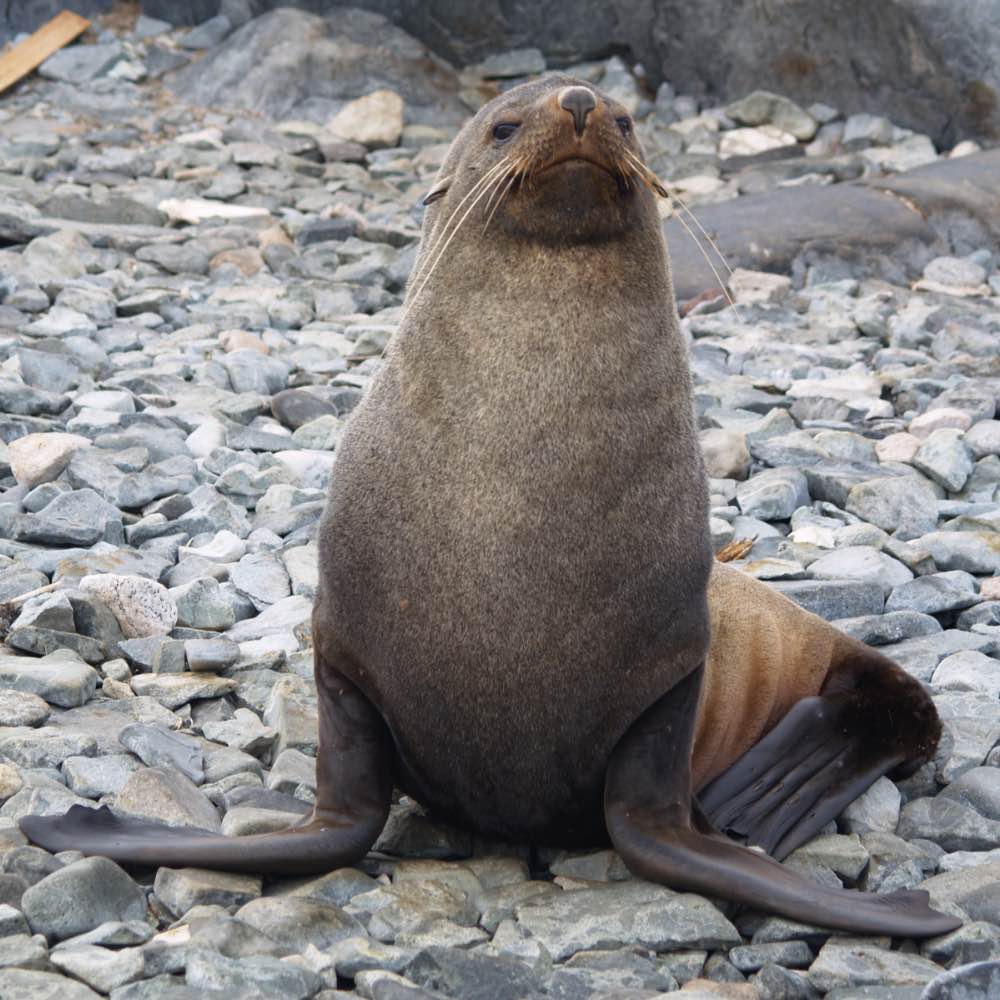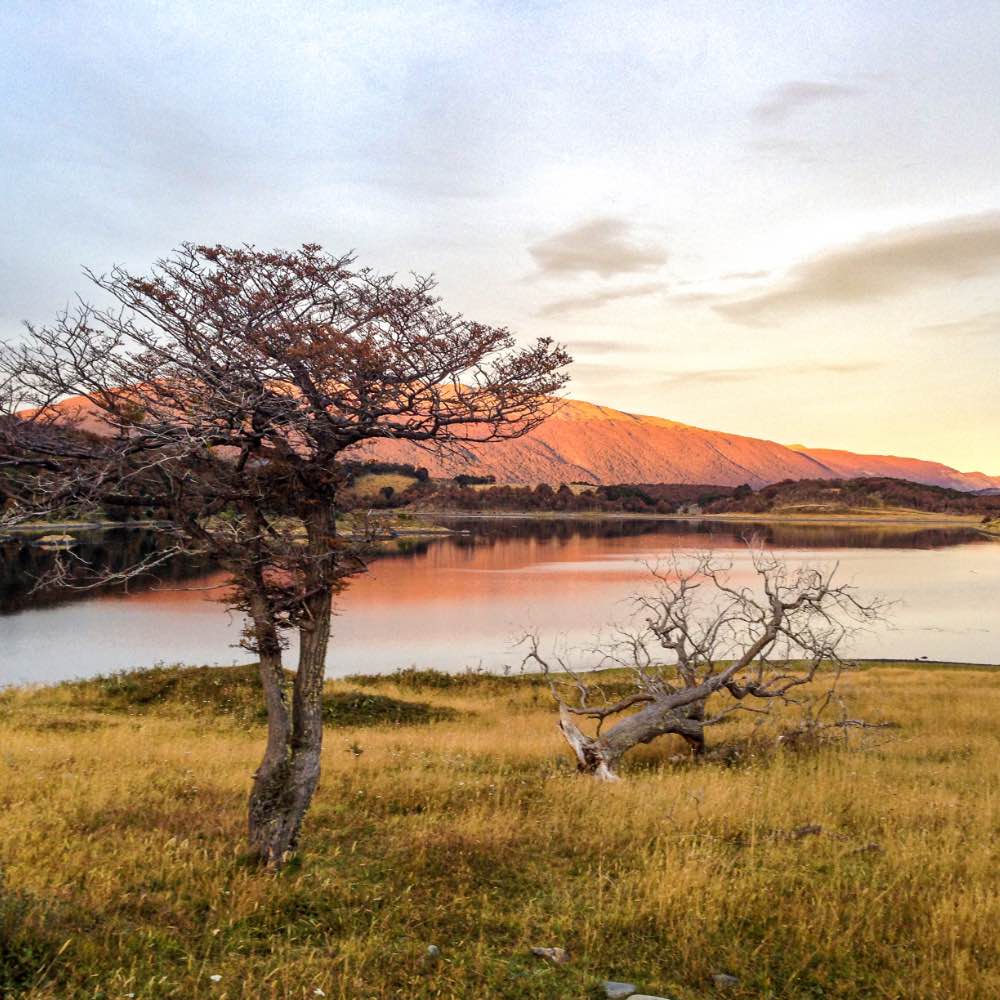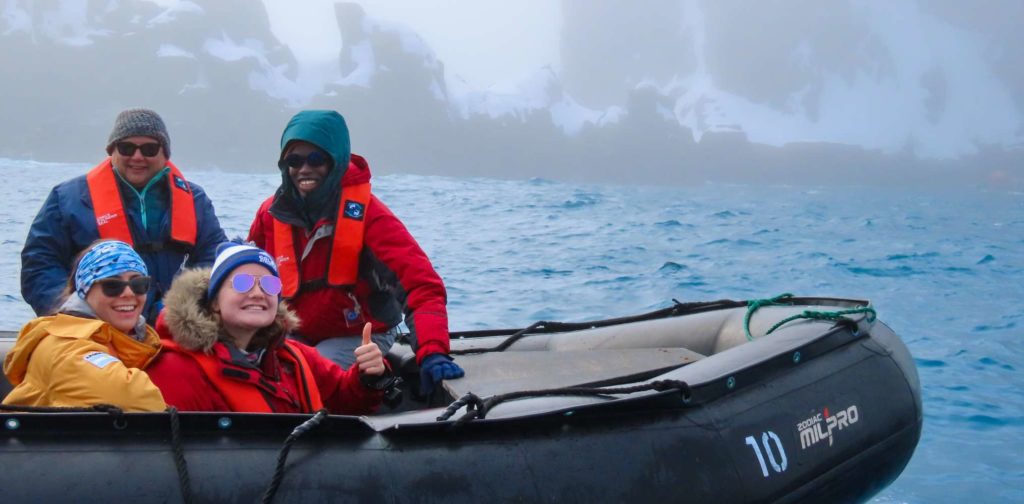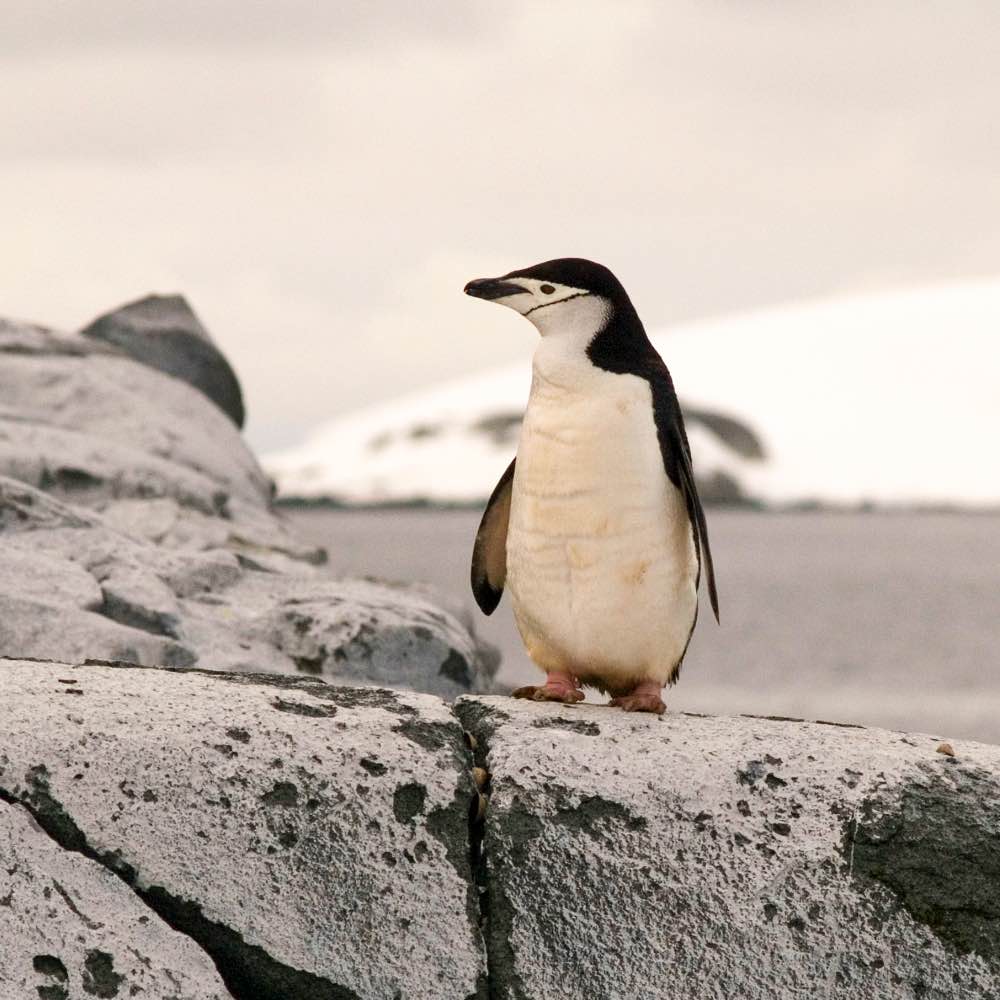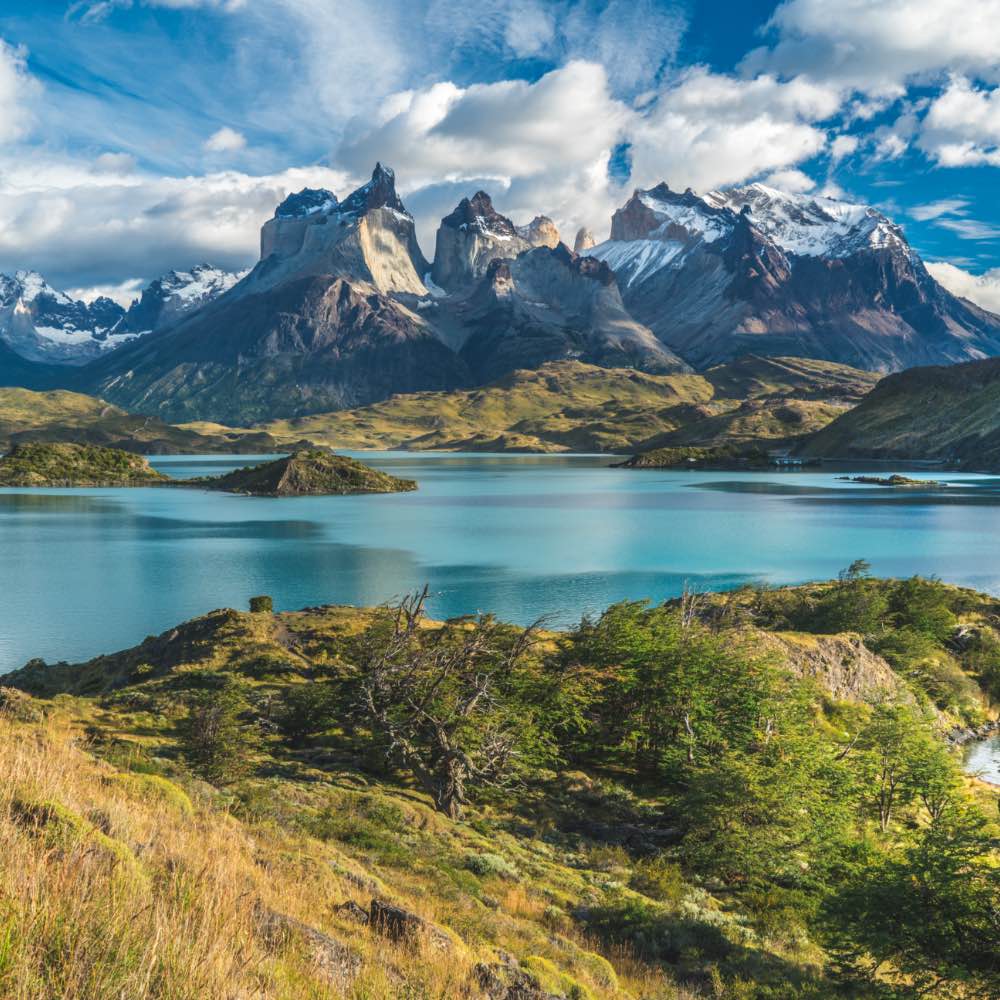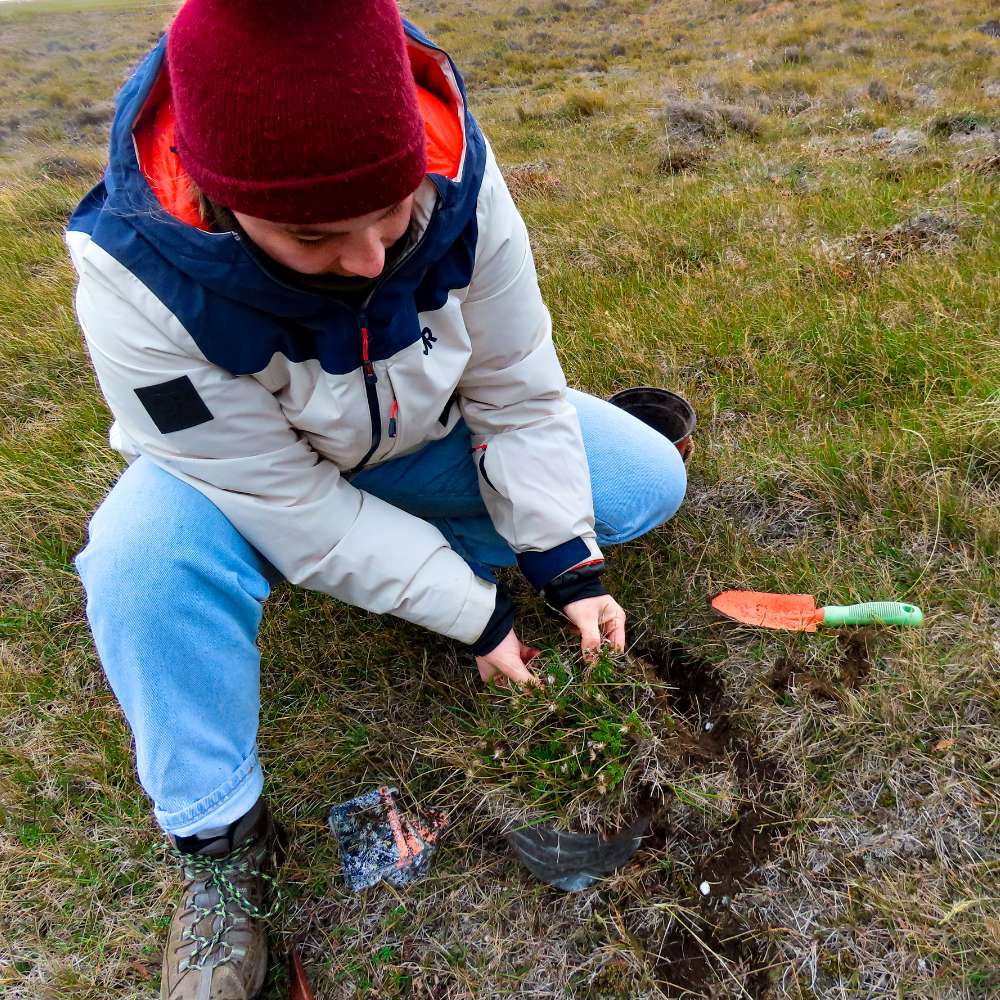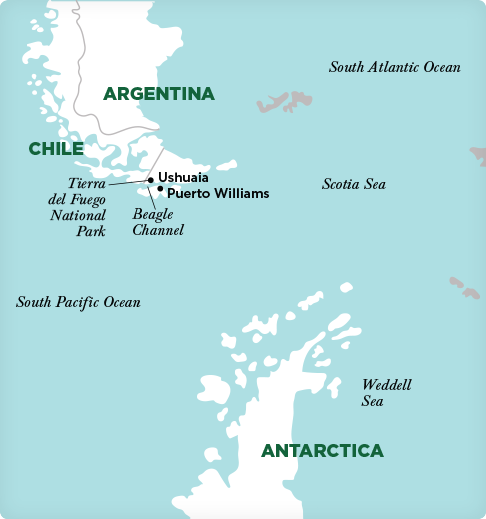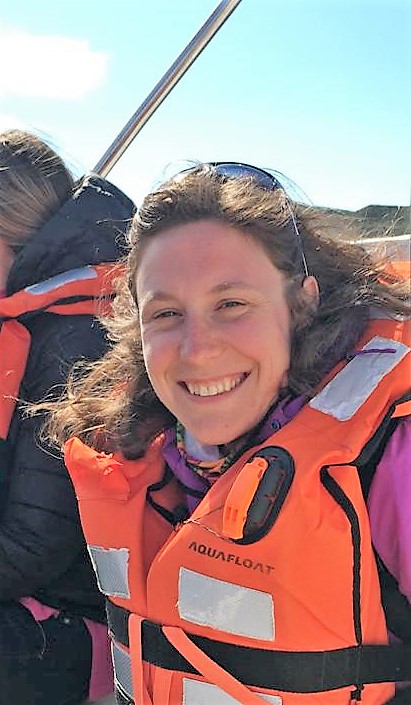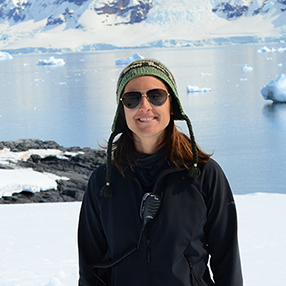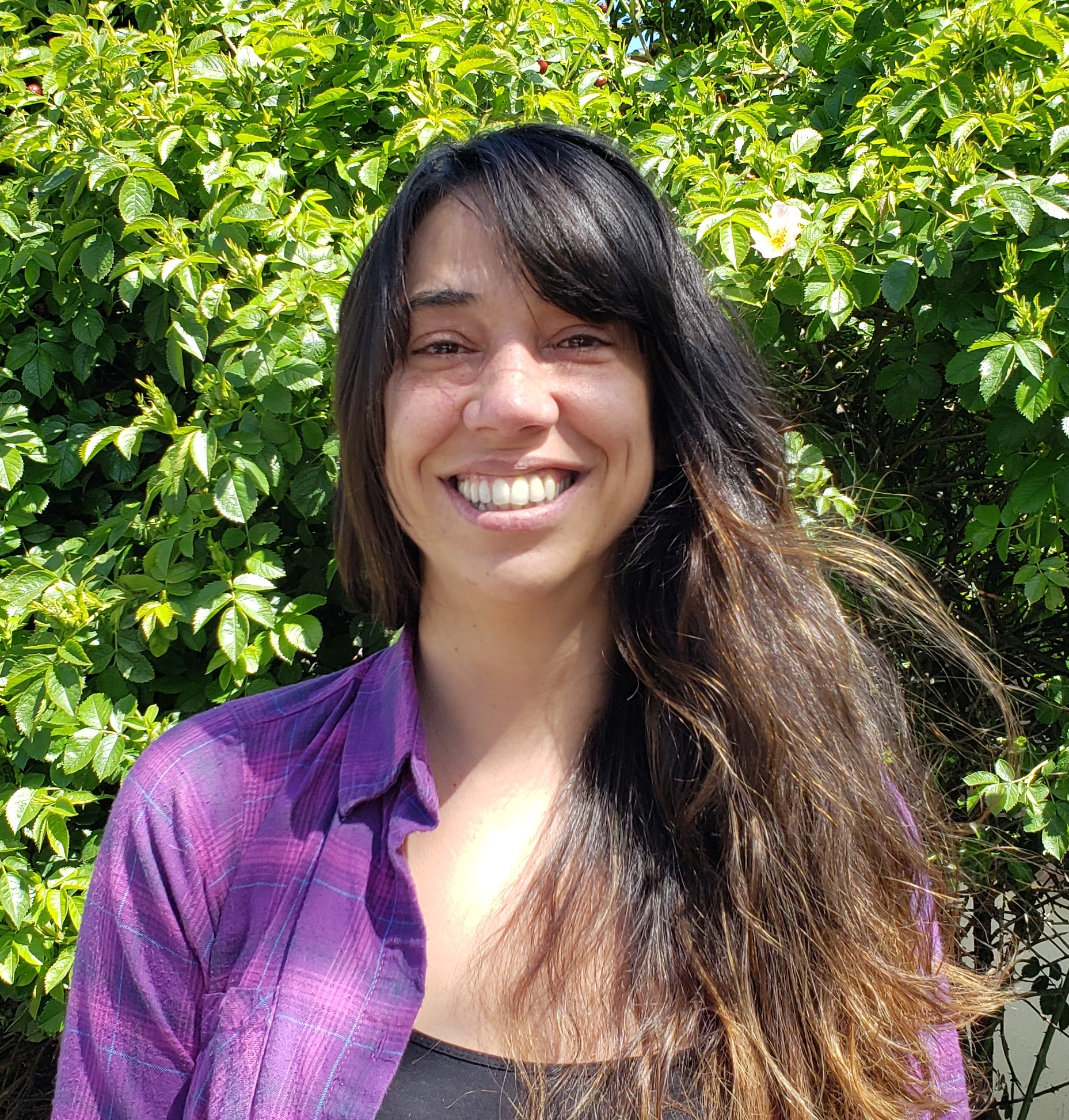Choose one of the following two courses.
Internship and Seminar
Internship and Seminar – syllabus
(ITRN3000 / 4 credits)
This course consists of a seminar and four weeks of an internship with a local community organization, research group, business, or international NGO. The aim of an internship is to enable students to gain valuable professional experience and enhance their skills in an international environment. If you choose the internship option, you will complete work assigned to you by the organization and investigate crucial and diverse problems the organization faces and work to find solutions to them. Each institution will allocate a mentor who will guide your work so that your internship is relevant to the mission and vision of the organization and to the context and needs of the country.
Sample internships:
- Researching, writing, and editing outreach materials for a local scientific journal/magazine
- Managing biological databases in a research group
- Assisting with fieldwork and photo identification of marine mammals
- Participating in an ongoing research project within Tierra del Fuego
OR
Independent Study Project
Independent Study Project – syllabus
(ISPR3000 / 4 credits)
The Independent Study Project (ISP) offers students the opportunity to undertake significant, specific, and individualized independent field study in which they most directly apply the concepts and skills of experience-based learning articulated and learned in all program components, including homestay, language study, educational excursions, and the courses on Environmental Research Methods and Ethics, climate change, ecology, and conservation. Although the last four weeks of the program are set aside for the major effort on the ISP, considerable planning and preparation begins shortly after orientation week. The Environmental Research Methods and Ethics sessions on concepts and rationale, methods and techniques, and evaluation of field study are designed to facilitate the student’s engagement with independent study on a specific aspect that pertains to the student’s academic interests or personal inclination. The actual fieldwork for the ISP begins with the ISP preparation sessions and individual conferences to identify appropriate contacts and resources.
Sample ISP topic areas:
- Protected-area management
- Environmental impact of tourism
- Climate change impacts on traditional lifestyles
- Environmental education programs in the Beagle channel
- Decision making in relation to marine resources
- The economic and geopolitical importance of the Southern Ocean and Antarctica
- Fisheries and climate change
- Coastal and marine tourism
- The Antarctic Treaty
- Human impact on natural resources
- The impact of climate change on maritime communications routes
Browse this program’s independent study projects / undergraduate research.


